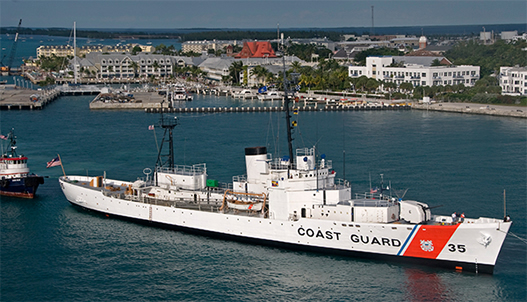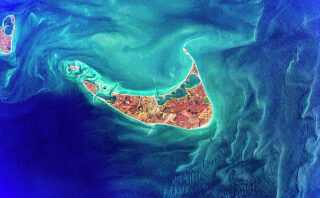At first glance, Nantucket Island—serene, isolated, and beloved for its weathered beauty—may seem untouched by the turbulence of war. And in a way, it is. Unlike many places in colonial and early American history, Nantucket was rarely the site of bloody battles or burned towns. But don’t be fooled by its peaceful appearance. The island’s strategic importance, maritime wealth, and political neutrality placed it at the heart of conflict in unexpected ways.
1. Nantucket During the American Revolution (1775–1783)
When war broke out between the American colonies and Britain, Nantucket was in a difficult position. The island’s economy was deeply tied to whaling—an industry that depended on trade with Britain and the use of British-controlled ports. As a result, many Nantucketers adopted a position of neutrality, hoping to preserve their livelihood rather than choose a side.
- Economic Isolation: Patriots on the mainland criticized Nantucket’s neutral stance, accusing the islanders of siding with the British for personal gain. In turn, both British and American forces imposed trade restrictions and blockades that devastated the whaling economy.
- No Battles, But Big Impact: Though there were no formal battles on Nantucket, the war brought starvation, economic collapse, and rising tensions with the mainland.
Fun Fact: Benjamin Franklin’s cousin, Timothy Folger of Nantucket, served as a liaison between the British and Nantucket merchants during the Revolution.
2. War of 1812: A Second Blow to Whaling
Just a few decades later, Nantucket faced similar challenges during the War of 1812 between the United States and Britain.
- British Blockade: The British navy blockaded American ports, including Nantucket Harbor, cutting off supplies and once again crippling the whaling trade.
- Plea for Neutrality: In 1814, Nantucket leaders famously sent a letter to British Admiral Sir Thomas Hardy, asking for a special exemption from the blockade due to the island’s humanitarian crisis. Remarkably, Hardy granted a partial ceasefire for the island, allowing food supplies to arrive.
This marked another war where Nantucket avoided direct battle but suffered the consequences of economic war and national conflict.
3. The Civil War (1861–1865): The Fall of the Whaling Empire
By the time of the Civil War, Nantucket’s whaling industry was already in decline, challenged by the rise of petroleum and competition from New Bedford.
- Blockades and Risks at Sea: Many Nantucket ships and sailors were still active during the early years of the Civil War. Confederate raiders targeted whaling ships, capturing or burning many at sea.
- Island Contributions: While the island did not see physical conflict, many Nantucket men served in Union forces. The war accelerated the collapse of Nantucket’s shipping economy, as insurance rates soared and shipowners were unwilling to risk their aging vessels.
4. World Wars I & II: Coastal Defense and Quiet Readiness
In the 20th century, Nantucket took on a more formal role in national defense.
- World War I: Nantucket Sound and surrounding waters were patrolled for German U-boats. The U.S. Navy used the island as a coastal observation and communication point.
- World War II:
- The island was equipped with coastal artillery, radar installations, and observation bunkers.
- The Nantucket Naval Air Facility was established to support patrols and training.
- German U-boats were active in the Atlantic, and although no direct attacks occurred on Nantucket shores, islanders remained on alert.
Remnants of World War II bunkers and lookout towers still dot parts of the island, subtle reminders of a war that felt both near and far.
5. A Legacy of Peace and Diplomacy
Throughout its history, Nantucket’s unique geography and economic dependence on maritime trade have shaped its response to war. Rather than becoming a battleground, the island has often served as a place of negotiation, neutrality, and reluctant resilience.
Nantucket’s role in American wars may not be defined by muskets and cannon fire, but it is no less fascinating. From diplomatic letters to British admirals to weathering economic sieges, the island’s quiet strength lies in its ability to endure, adapt, and survive.
Conclusion:
While no major battles were fought on Nantucket soil, the island has seen its share of wartime struggle—economically, diplomatically, and in the sacrifices of its sailors and citizens. In every war, Nantucket played a role shaped by its isolation, maritime identity, and commitment to community survival.
Book Your Tour of Nantucket Island Now! Click Here.




